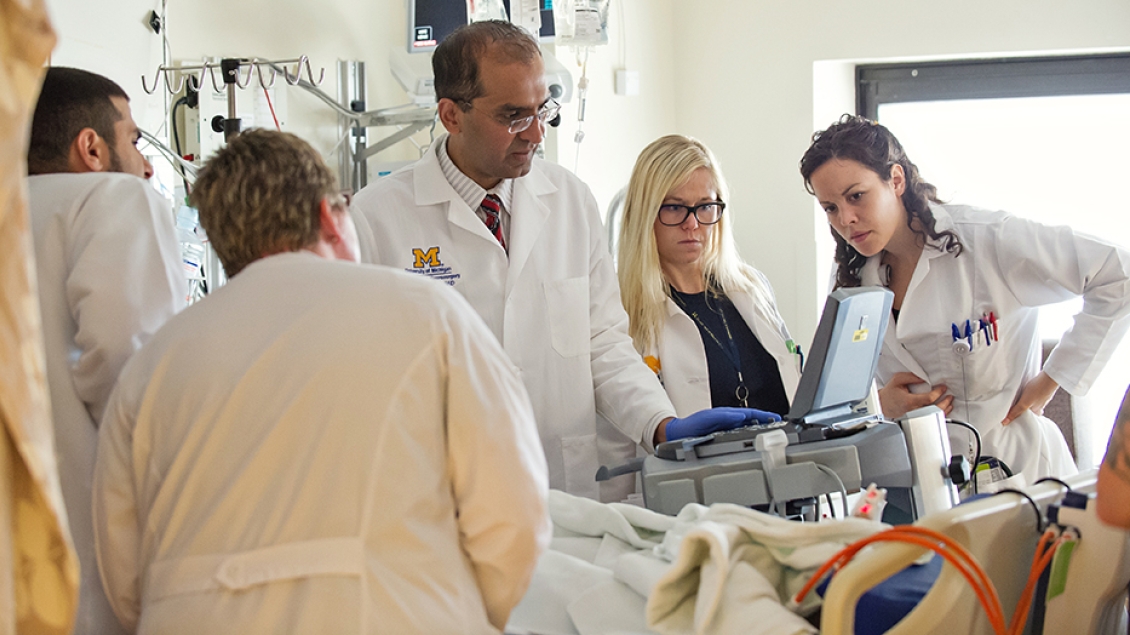
The U-M Medical School Department of Neurosurgery offers ACGME and UCNS accredited fellowship training in neurocritical care. One position is offered per year. Applicants must have completed residency training in neurology, neurosurgery, internal medicine, emergency medicine, anesthesiology or surgery in the United States or Canada prior to the start date of the fellowship.
Applications are through the SFmatch common application system for neurocritical care. For any inquiries, please contact Craig Williamson, MD.
Regarding visa issues, you must be one of the following: a US citizen, permanent resident (green card holder), or have a J-1 visa sponsored through ECFMG. We do not sponsor any other visas.
The small and selective nature of the programs guarantees ample clinical and academic mentoring is available to trainees. Over the course of the program, fellows receive graded autonomy and are well-prepared to transition into independent neurocritical care practice. Fellows receive structured didactic critical care training as well as clinical- simulator based instruction.
Neurocritical care fellows will acquire broad experience in the management of a variety of neurosurgical and neurological conditions, including:
- Subarachnoid hemorrhage
- Intracerebral hemorrhage
- Acute ischemic stroke
- Neuromuscular respiratory failure
- Status epilepticus
- Severe traumatic brain injury
- Fulminant hepatic failure with intracranial hypertension
- Postoperative care of complicated neurosurgical patients
Expertise is acquired in intracranial pressure monitoring and management, hemodynamic support and augmentation, mechanical ventilation, airway management and the use of continuous EEG in the ICU. Participation in a neurocritical care consult service provides exposure to neuroprognostication after cardiac arrest, neurological complications of medical illness, complications of cardiothoracic surgery and transplant, among others.
Procedural skills acquired include:
- Percutaneous tracheostomy
- Endotracheal intubation
- Bronchoscopy
- Central venous catheterization
- Arterial catheterization
- Use of point-of-care ultrasound for a variety of conditions in the neuro-ICU, including transcranial doppler ultrasonography (TCD)
The University of Michigan offers highly competitive salaries and generous benefits to our fellows and advanced trainees. Trainee salary will be commensurate with that of a House Officer at an equivalent level of training based on the HOA contract.
In addition to time in the neuro-ICU, mandatory rotations include:
Fellows receive advanced airway training and gain experience with perioperative neurosurgical management.
Fellows rotate through the novel Emergency Department Critical Care Center (EC3), where they participate in the initial resuscitation and critical care of patients with a wide variety of conditions including sepsis, CHF and COPD exacerbations, DKA, cardiac arrest as well as stroke and status epilepticus.
In additional to the management of critically ill general surgery patients, fellows receive exposure to ECMO, which was pioneered at the University of Michigan, and a large population of patients with severe ARDS in this 20-bed unit.
Known as the Critical Care Medical Unit (CCMU), this 20-bed ICU cares for a large volume of patients with sepsis, ARDS, pulmonary disease, hepatic failure and other medical conditions.
Fellows receive exposure to patients with polytrauma, many of whom have varying degrees of neurological injury.
In the 10-bed CCU and 24-bed Cardiovascular ICU, fellows gain experience with advanced CHF, STEMIs, and a large population of patients with cardiac-assist devices, as well as the postoperative care of patients undergoing cardiac and thoracic procedures.
Elective rotations are also available in a wide range of subspecialties including stroke, EEG and interventional neuroradiology.
Many opportunities for clinical research in neurointensive care, neurosurgery and acute ischemic stroke are available and presentation of original research by fellows at national meetings is expected.
The University of Michigan Health System is an internationally renowned academic medical center. The Department of Neurosurgery has a distinguished history in several subspecialties, including in the early development of hemodynamic augmentation for cerebral vasospasm after subarachnoid hemorrhage. With over 100 adult critical care beds drawing referrals from a wide geographic area, trainees are exposed to a broad spectrum of critical illness.
The 15-bed neuro-ICU is staffed by four neurology-trained UCNS-certified neurointensivists as well as faculty from the Department of Anesthesiology. Clinical coverage is provided by residents from neurosurgery, neurology, anesthesiology and otolaryngology as well as dedicated mid-level providers.
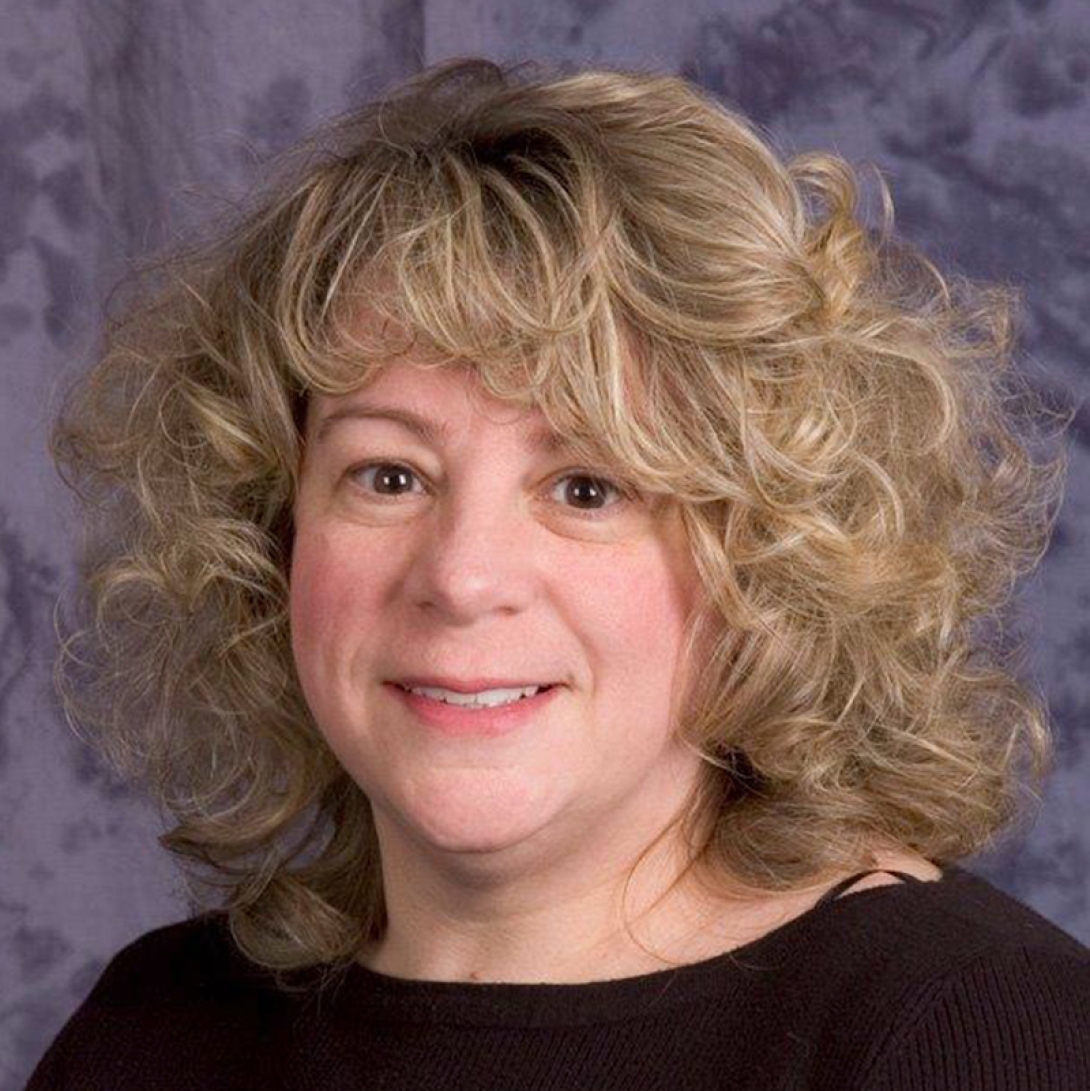
Clinical Professor of Neurology and Medical Director
Care Management
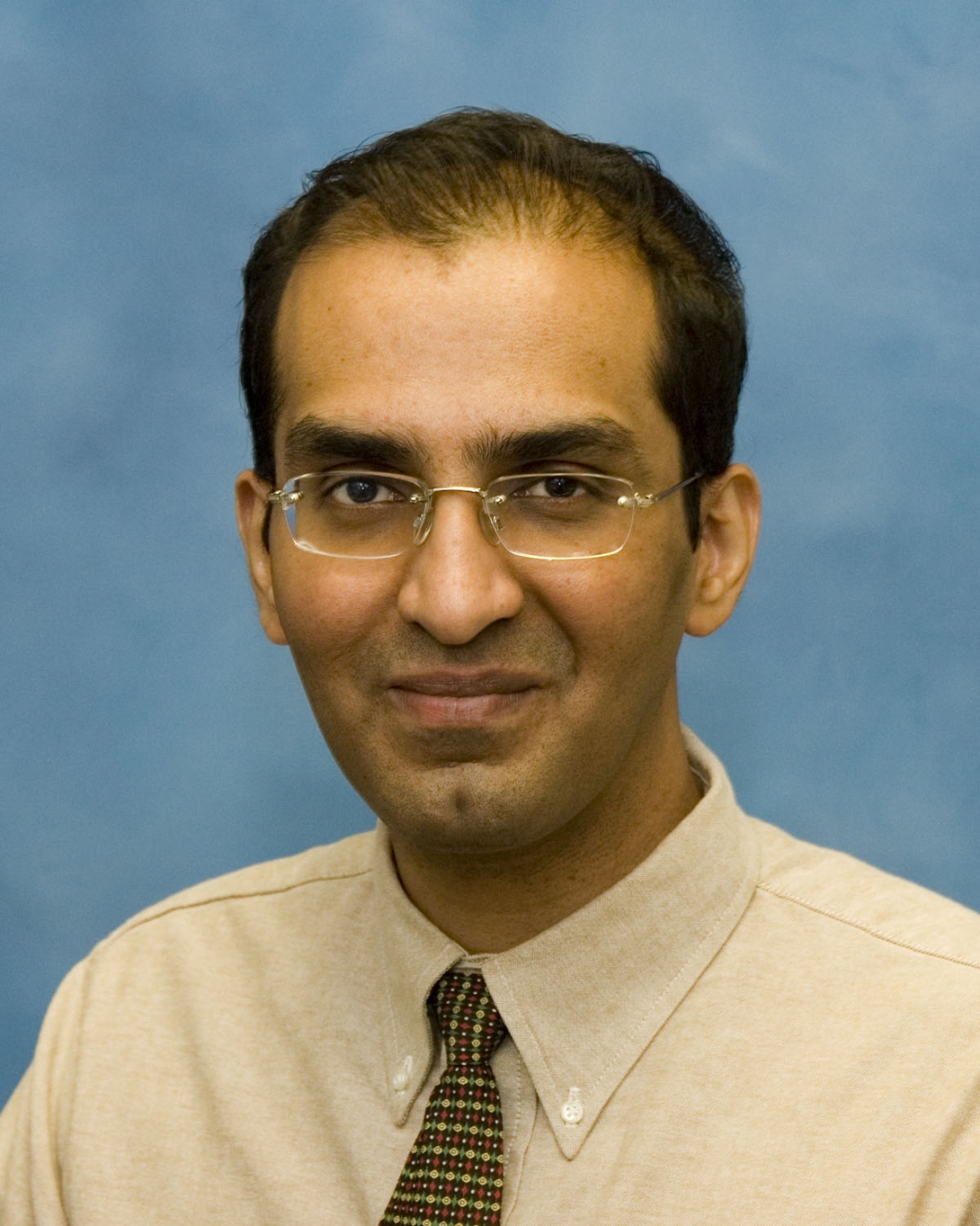
Clinical Professor of Neurology
Medical Director, Neurocritical Care
Medical Director, Comprehensive Stroke Center
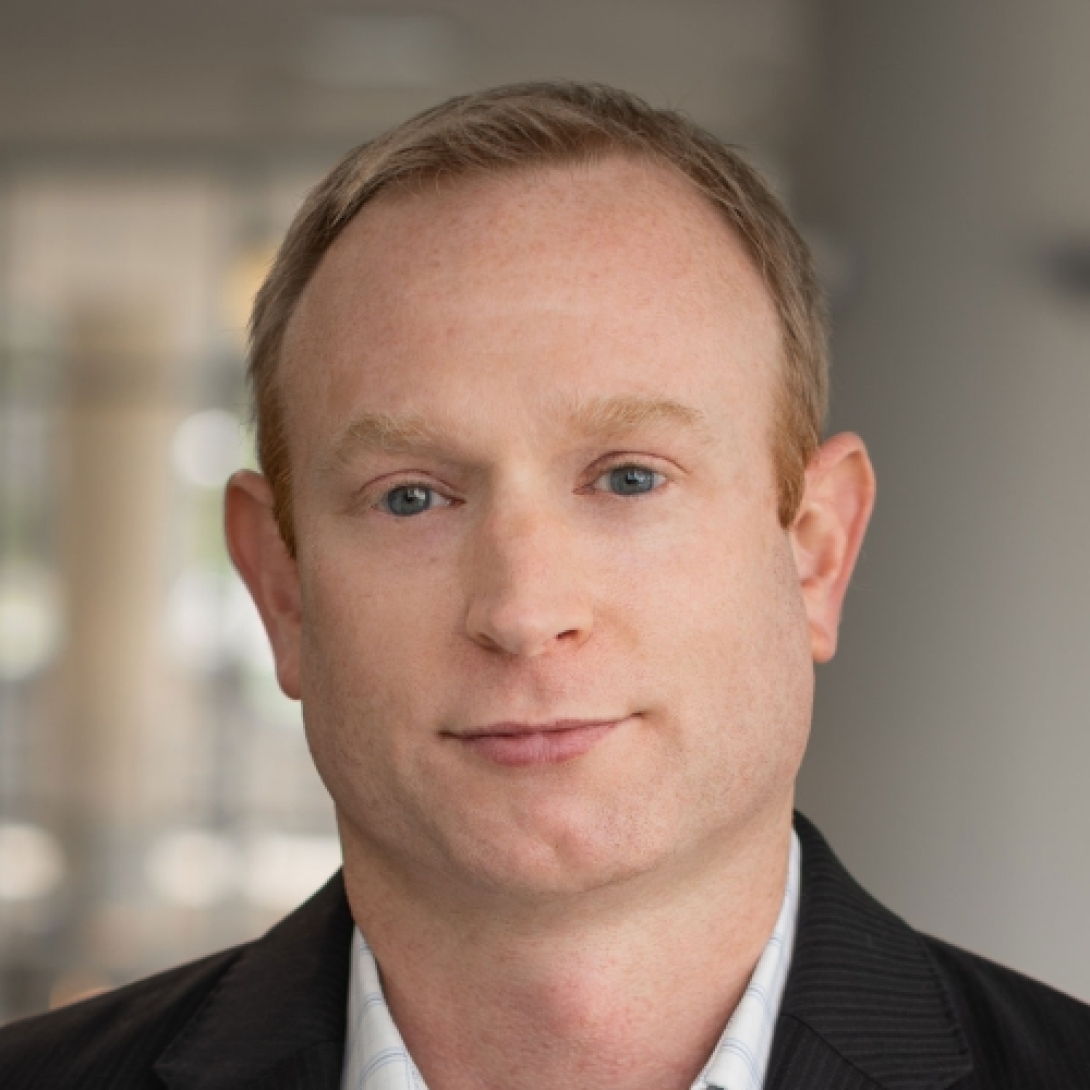
Clinical Associate Professor of Neurology and Program Director
Neurocritical Care Fellowship
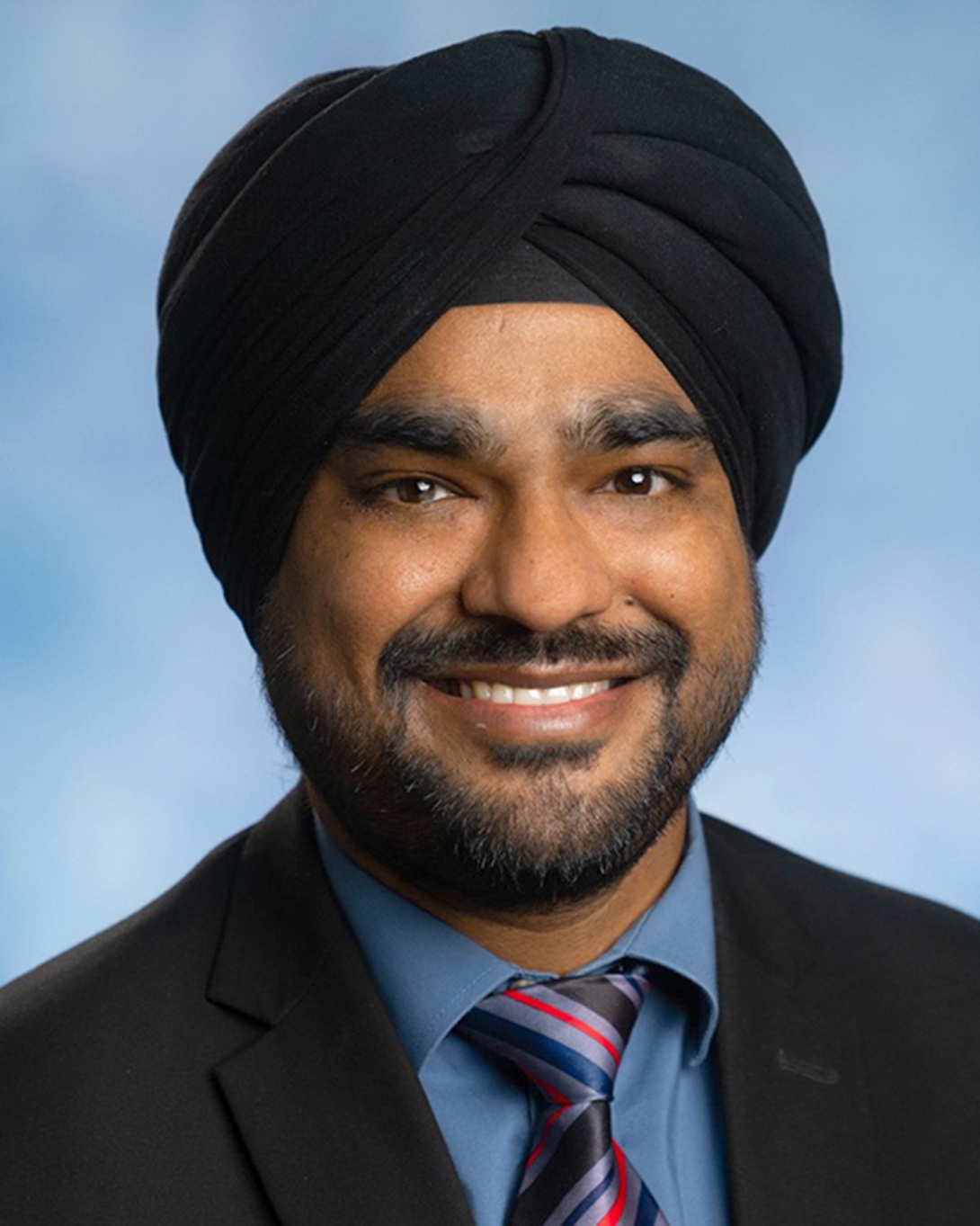
Assistant Professor of Neurology
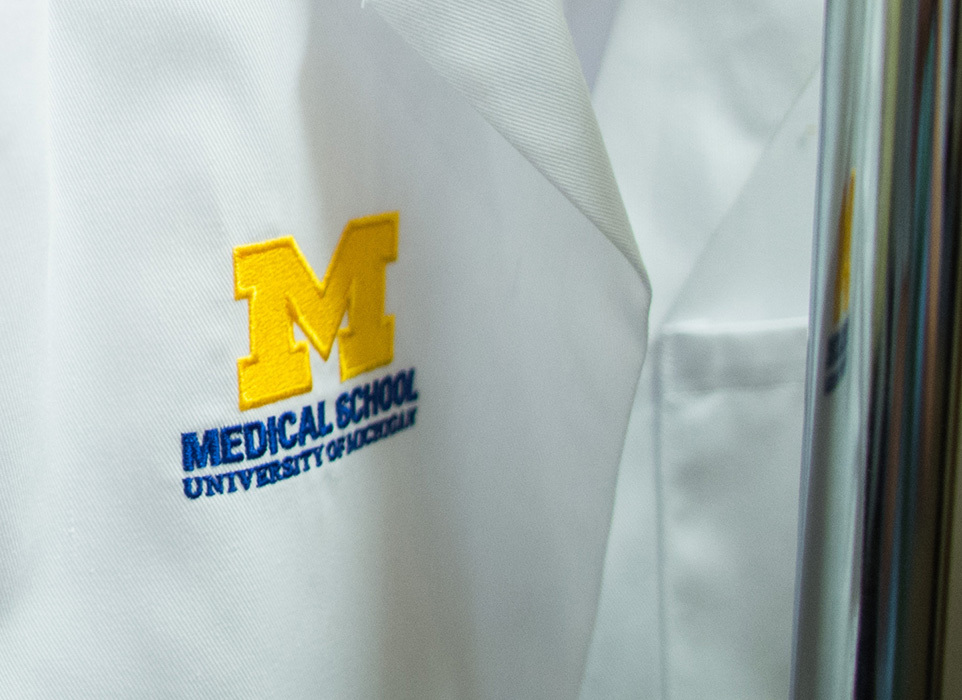
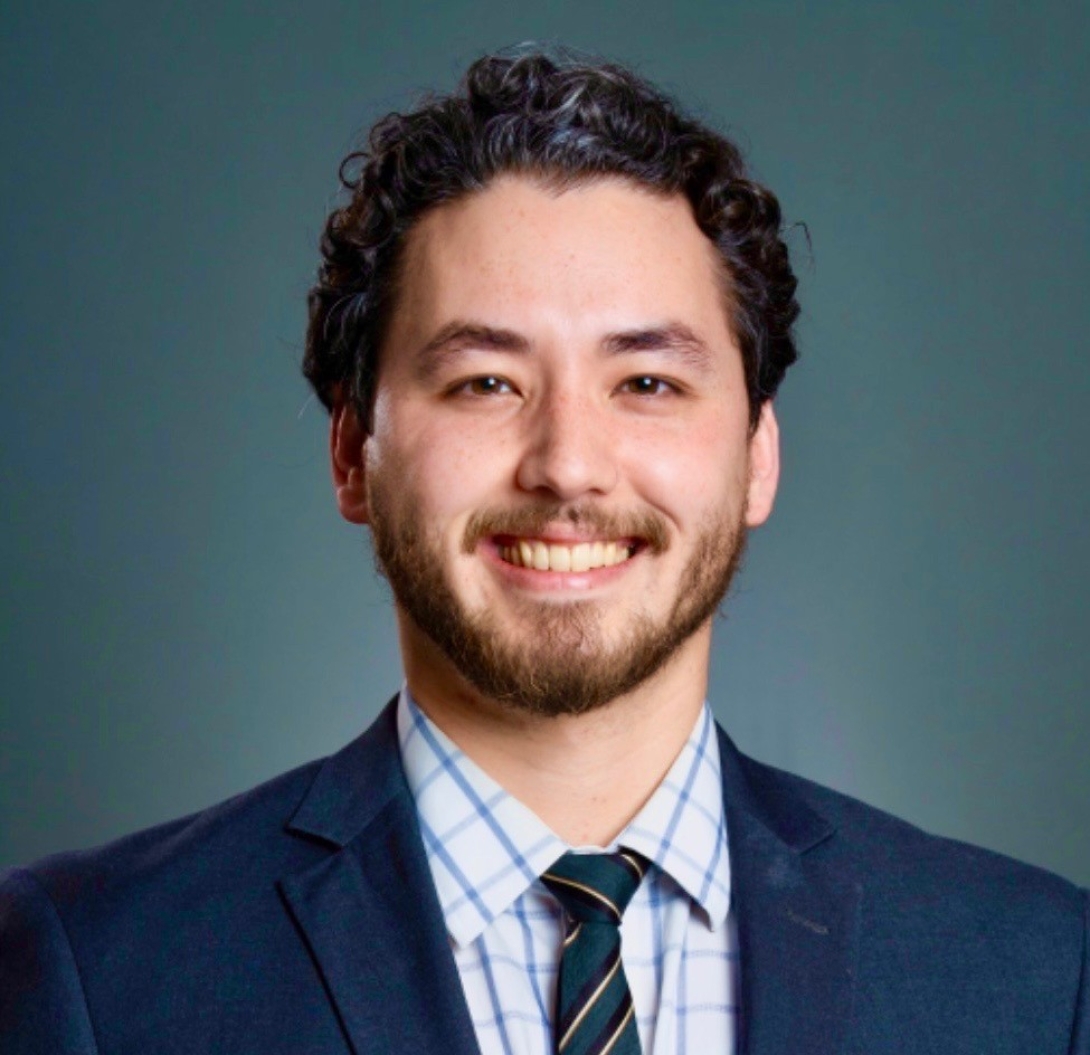
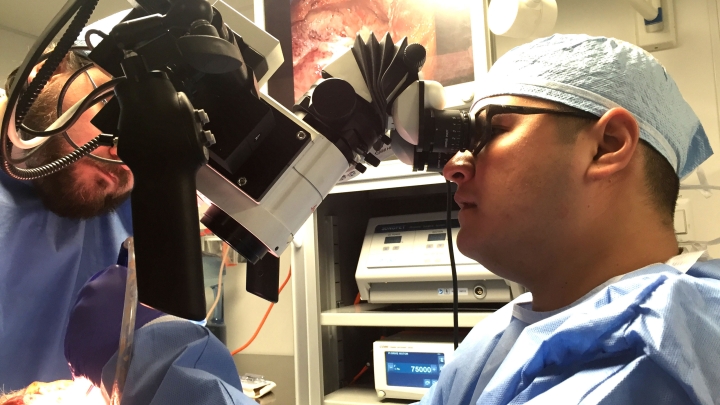
We continually work to ensure that our program offers the best possible environment for developing the careers of future leaders of neurosurgical practice and science.

We find a new reason to love Ann Arbor nearly every day — year-round outdoor activities, cultural experiences, a growing food scene, and a welcoming, family-friendly atmosphere are just a few that come to mind. Explore all that Ann Arbor and our surrounding communities have to offer.